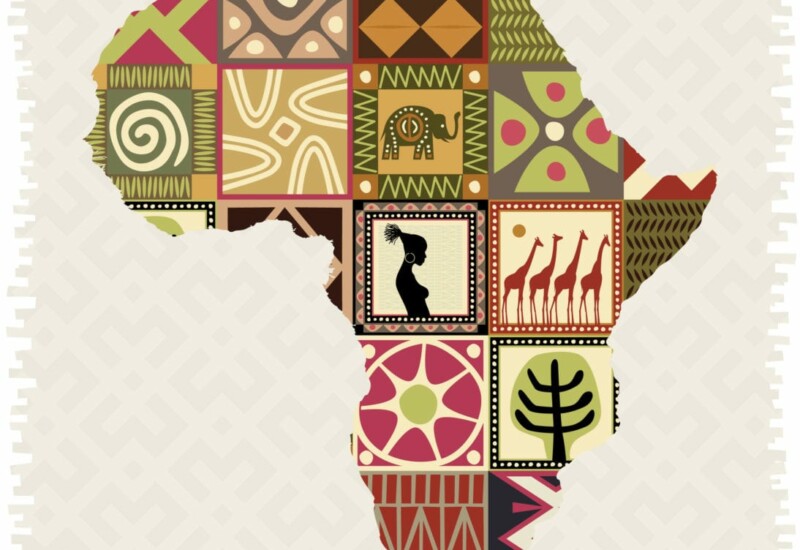Africa has grown its reputation as an attractive destination for international conferences, offering world-class venues, cost-saving benefits and unique experiences.
However, professional conference organisers (PCOs) wishing to host conferences on the African continent need to be aware of the subtle differences of doing business here. Relying on ‘business as usual’ will almost certainly lead to failure.
While more developed cities such as Cape Town and Johannesburg, which both sport mature industries, multiple service providers and world-class infrastructure and technology, have received the lion’s share of major association conferences hosted on African soil, the rest of the continent is becoming an increasingly popular choice. The continent has seen a boom in infrastructure development and consistent economic growth – it’s on the up, even in the midst of the global economic downturn. With this have come improved facilities for hosting large-scale conferences, and combined with the unique experiences on offer – especially in terms of the wildlife and local cultures – create attractive value-adds to delegates who may not experience anything like it elsewhere in the world.
We’ve certainly seen a marked increase in requests from associations, corporates and academics for expert advice on hosting conferences here, citing a need to tap into our local knowledge in order to plan a seamless and enjoyable conference experience.
According to statistics released by the International Congress and Convention Association (ICCA), Africa currently has a 3% share of all international association conferences, with South Africa hosting 30% of these. While the continent still lags behind the rest of the world in terms of the number of conferences hosted here – Europe currently has a 55% share – the market is definitely growing.
South Africa is fairly remote from developed nations in Europe and North America, but if you look at other long-haul destinations such as Singapore, which is ranked among the most popular conference destinations in the world, there’s certainly opportunity to grow the market here and international PCOs will be well aware of this. But for them to truly capitalise on the opportunities of hosting conferences here, they need to be aware of the differences of conference organising here, especially compared to Europe.
How to plan a successful conference in Africa:
1. Partner well
One of the best ways of navigating the complexities of planning an event in Africa is to partner with a knowledgeable expert that has the experience and insight required to know what the likely issues will be, where the potential pitfalls lie and how to overcome these with minimum fuss.
2. Plan well ahead
International associations should always include contingencies in their planning to allow for any problems along the way. As any conference planner can attest, something invariably goes awry – you may sit with incompatible IT or AV equipment, there might be a problem with customs, or couriers may be delayed. These things happen all over the world, but in some African cities it’s not as easy to rectify as in a European or North American city.
International associations are far from home and often face problems that you won’t find in Europe, such as issues with obtaining visas, the need for inoculations, and delays at airports. We’ve had to run out into traffic to meet a lost driver that was delivering all of our conference collateral from customs, and one of our senior team was once almost denied access into Tanzania for no yellow fever certificate. None of these problems are insurmountable, but you do need to be aware of them, and here it helps a great deal to partner with someone that knows the ins and outs of doing business on the ground.
3. Act responsibly
It’s not only about using recycled materials for delegate bags or using digital pre-conference marketing and communications. Although these are important, it’s more that international associations who host conferences in Africa have an opportunity to leave a lasting legacy by interacting with the host country.
By using local staff and training them in specific skills associations can effect a positive change in the lives of the local community that will provide on-going benefits to the host country. It’s worth keeping in mind, also, that where development is happening at a rapid pace, environmental issues are often forgotten, so there may not be recycling facilities. But a knowledgeable partner will be able to guide the process to ensure all opportunities for sustainable practices are capitalised on.
4. Be mindful of technology
While Africa has seen immense growth and development over the past few decades, it still lags behind more developed regions in many respects, not least of all technology, broadband connectivity in particular. Internet speeds haven’t caught up with the rest of the world, and many areas are still entirely without sufficient internet connectivity. However, Africa is a leader in the adoption of mobile technology, so while there may not be great cable-based internet connectivity, mobile broadband offers a viable alternative.
Mobile broadband prices can be steep and may push up the cost of hosting conferences so it’s imperative to work with a knowledgeable local supplier who can suggest the best options for your conference based on your particular needs. The last thing you want is for your conference to be disconnected from the rest of the world.
Africa holds huge potential for international associations looking to grow their membership and host conferences here. While South Africa offers infrastructure and support that’s on par with the developed world, most of Africa doesn’t. This is best surmounted by experienced PCOs that have the necessary know all to ensure a successful conference experience for associations, delegates and the host countries they’re held in.
About the author
Keith Burton is the Managing Director of African Agenda, a privately-owned professional conference management firm that specialises in planning and hosting national and international conferences for local and international associations, societies and corporations. African Agenda is the only sub-Saharan member of the International Association of Professional Conference Organisers (IAPCO).







